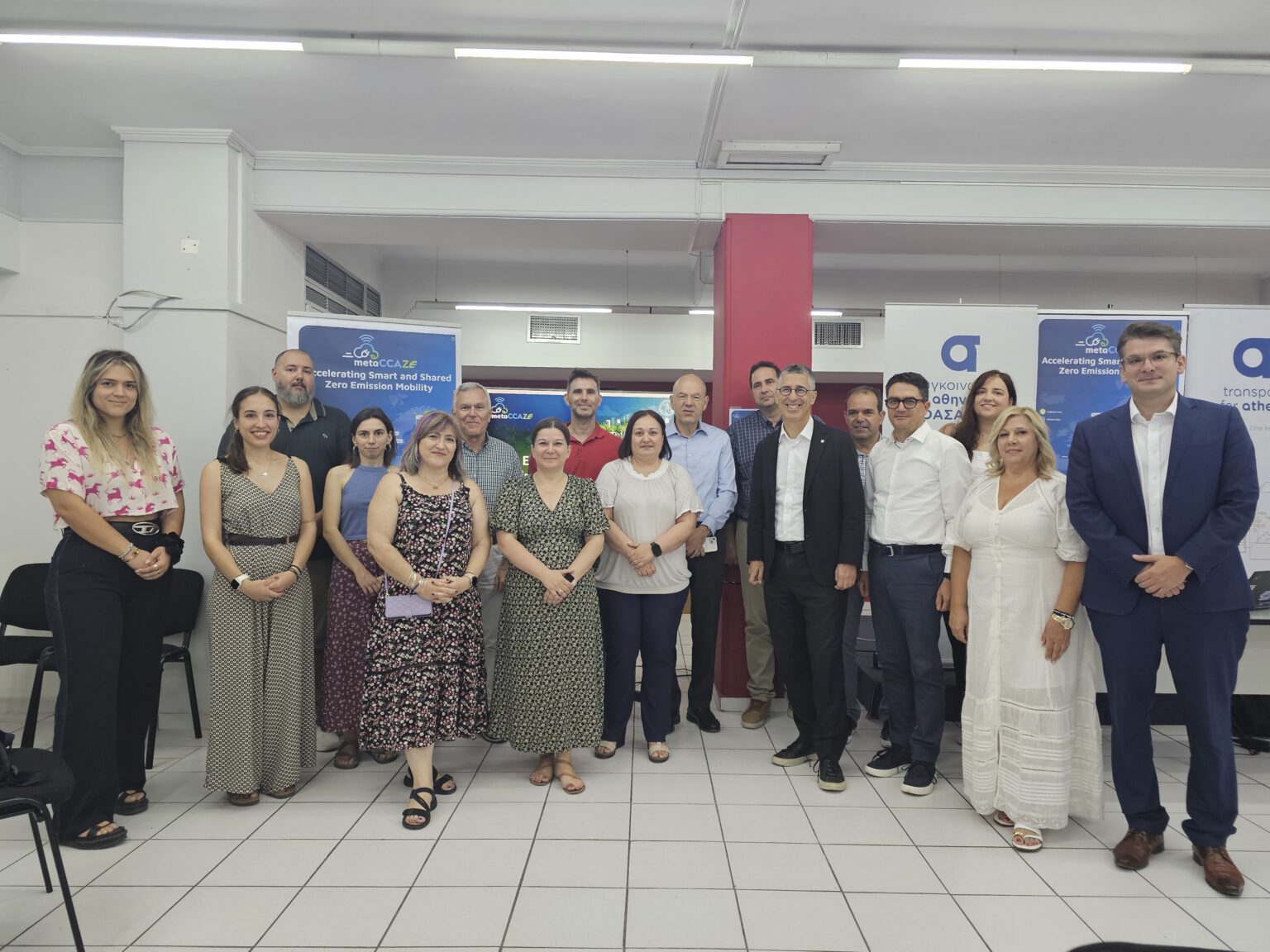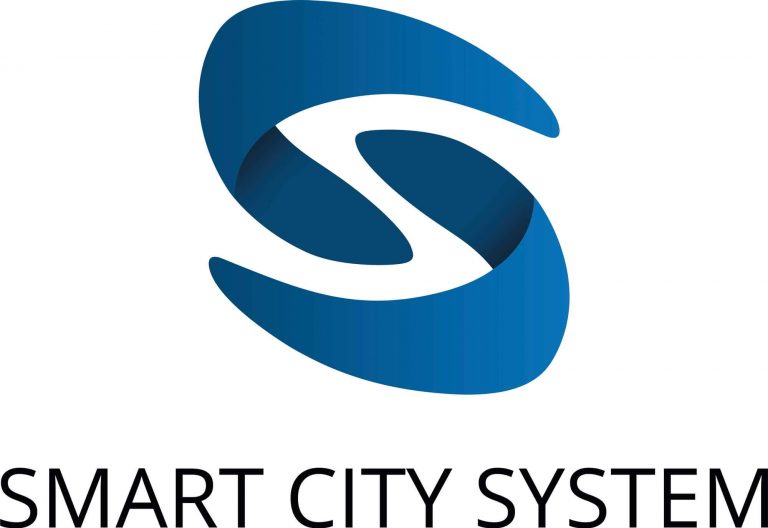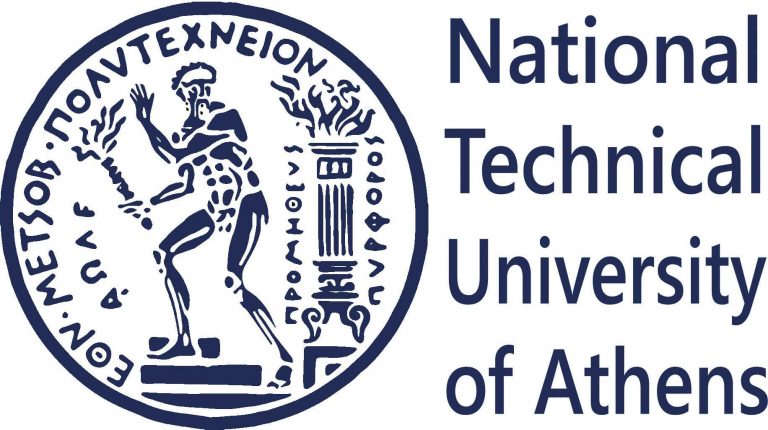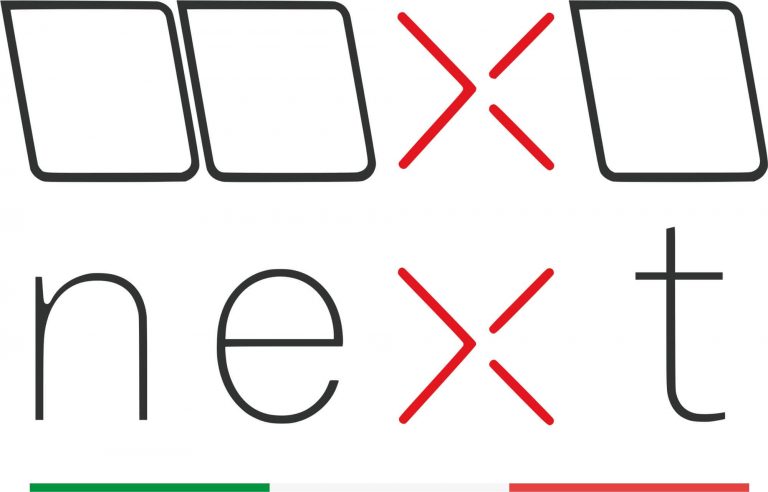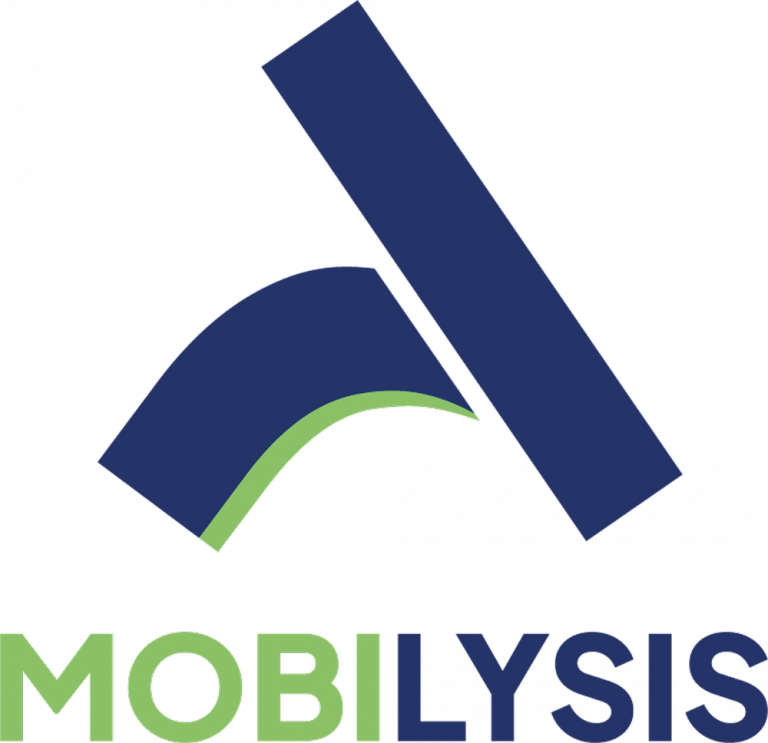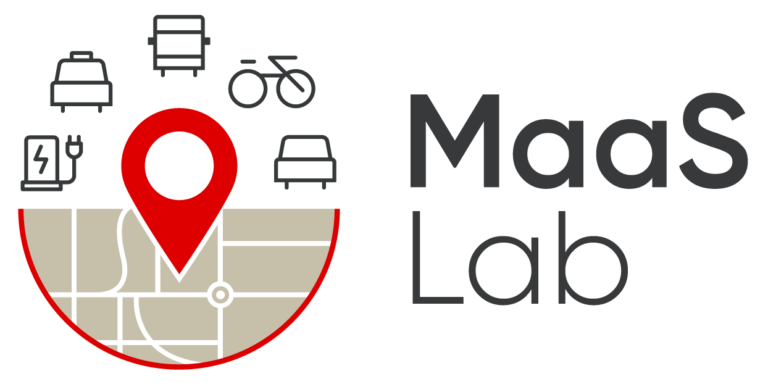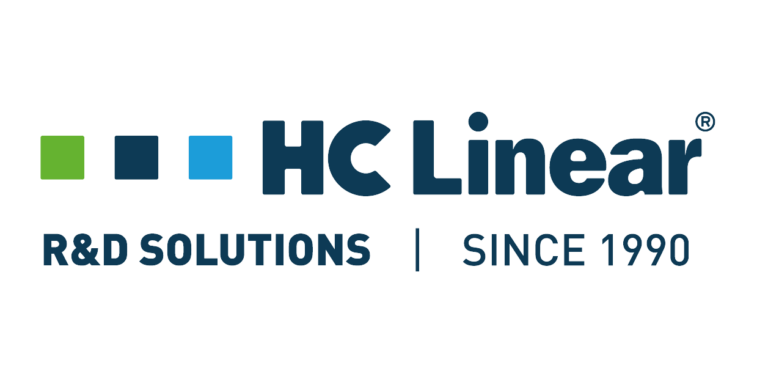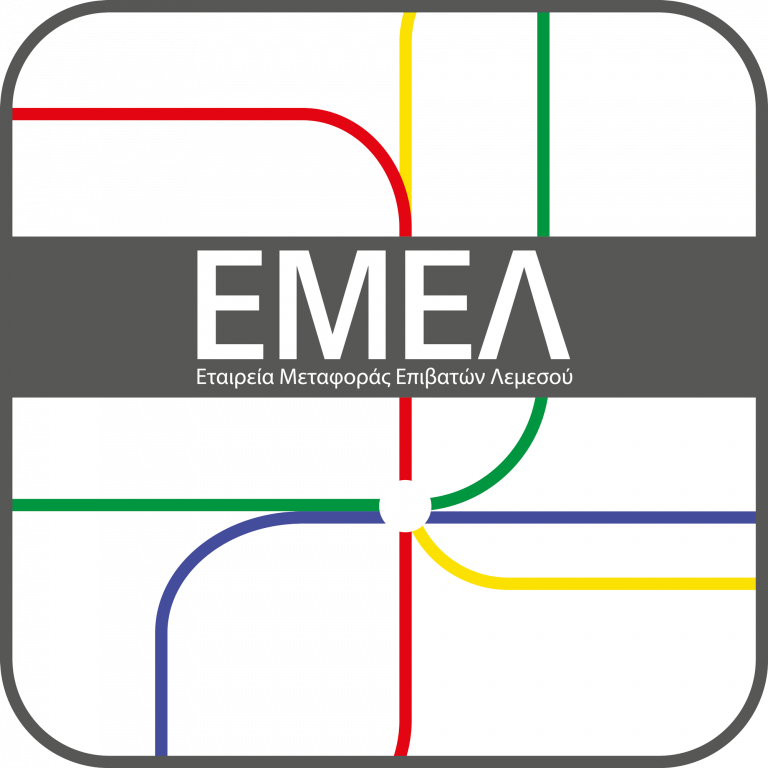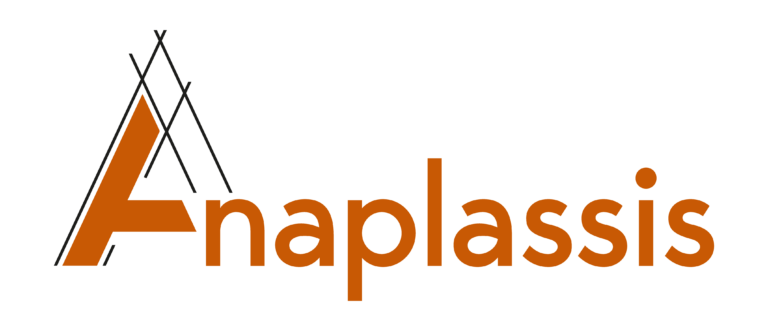On 04-07-2025, a diverse group of stakeholders from across Athens’ mobility ecosystem came together for the OASA Electrification Workshop, organized as part of the metaCCAZE project together with NTUA. The event marked a significant step forward in co-designing the future of clean, efficient, and citizen-centered public transport in the Greek capital.
The workshop focused on two critical Use Cases currently being developed in Athens. The first, ATH-UC01, explores how electric buses can be more effectively scheduled and assigned using advanced optimisation tools, such as a Line Planning (EV-LPP) tool and the Electric Bus Route and Charging Scheduling (MD-E-VSP) tool. The goal is to improve operational efficiency, reduce delays, and better match electric fleet characteristics with public demand. The second, ATH-UC02, addresses the strategic planning of charging infrastructure, using NTUA’s EB-CSLP tool to help minimise congestion, optimise depot layouts, and better align with grid constraints and operational schedules.
Participants included representatives from OASA, OSY, NTUA, DEDDIE (The independent operator responsible for the electricity distribution network across Greece), the Ministry of Transport, NTUA, and other local and national actors involved in sustainable mobility. Together, they worked to validate not only the technical functionality of the tools but also the governance, business models, and stakeholder dynamics that will determine the success of electrification efforts in the real world.
To guide this process, the workshop introduced and applied four strategic tools helped participants reflect on key questions: What value is being created? Who benefits? What behaviors, institutions, and resources are needed to make it work? Through live Mentimeter polls, breakout discussions, and structured facilitation, participants identified practical barriers (like charger bottlenecks, grid load balancing, and permitting delays), as well as key enablers such as inter-agency coordination, transparent data sharing, and strong policy alignment.
Perhaps most importantly, the workshop helped surface differing perspectives on what “value” means in the context of electric mobility. For passengers, it means reliable, clean transport. For operators, it means smoother planning and cost reduction. For grid managers and municipalities, it’s about coordination, safety, and environmental impact. Recognizing these different needs, and designing systems that meet them, was a core theme of the day.
“Electrification is more than a technical upgrade — it’s a transformation in how we think about shared responsibility and public value.”
The project team looks forward to building on this momentum and continuing to engage stakeholders in designing a cleaner, smarter, and more collaborative mobility future for Athens.
More about metaCCAZE follower city, Athens
Athens is one of the ten Mission cities participating the metaCCAZE project. Together, they test the potential of zero emission shared mobility solutions in real and diverse urban environments. In Athens, three partner organisations—NTUA, OASA, and the state agency ANAPLASSIS—are collaborating to support the integration of electric mobility, aiming for climate neutrality by 2030.
In the project’s second phase, starting in 2025, metaCCAZE partners will introduce 100 e-buses to the city’s network. By 2026-2027, 525 slow and fast-charging stations will be included. Find out more about Athens challenges and their role in the metaCCAZE project here.
